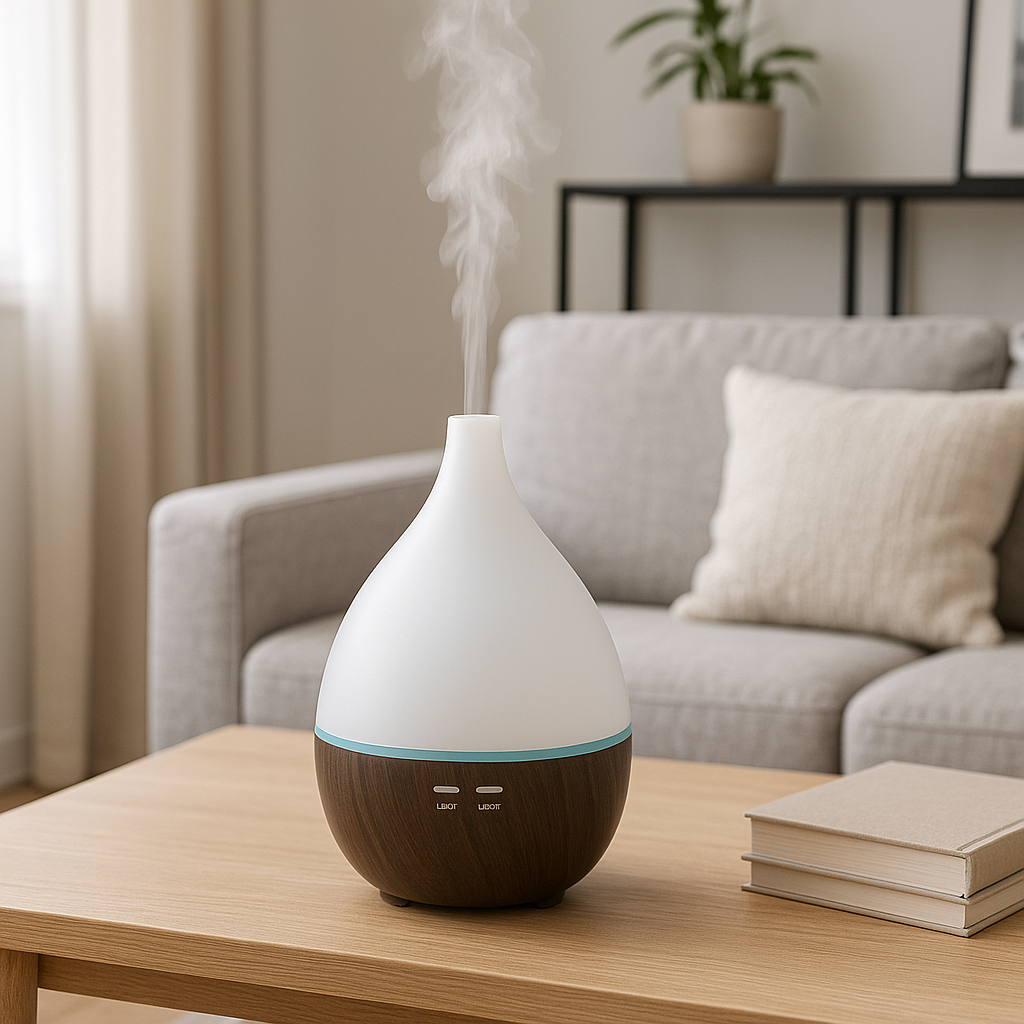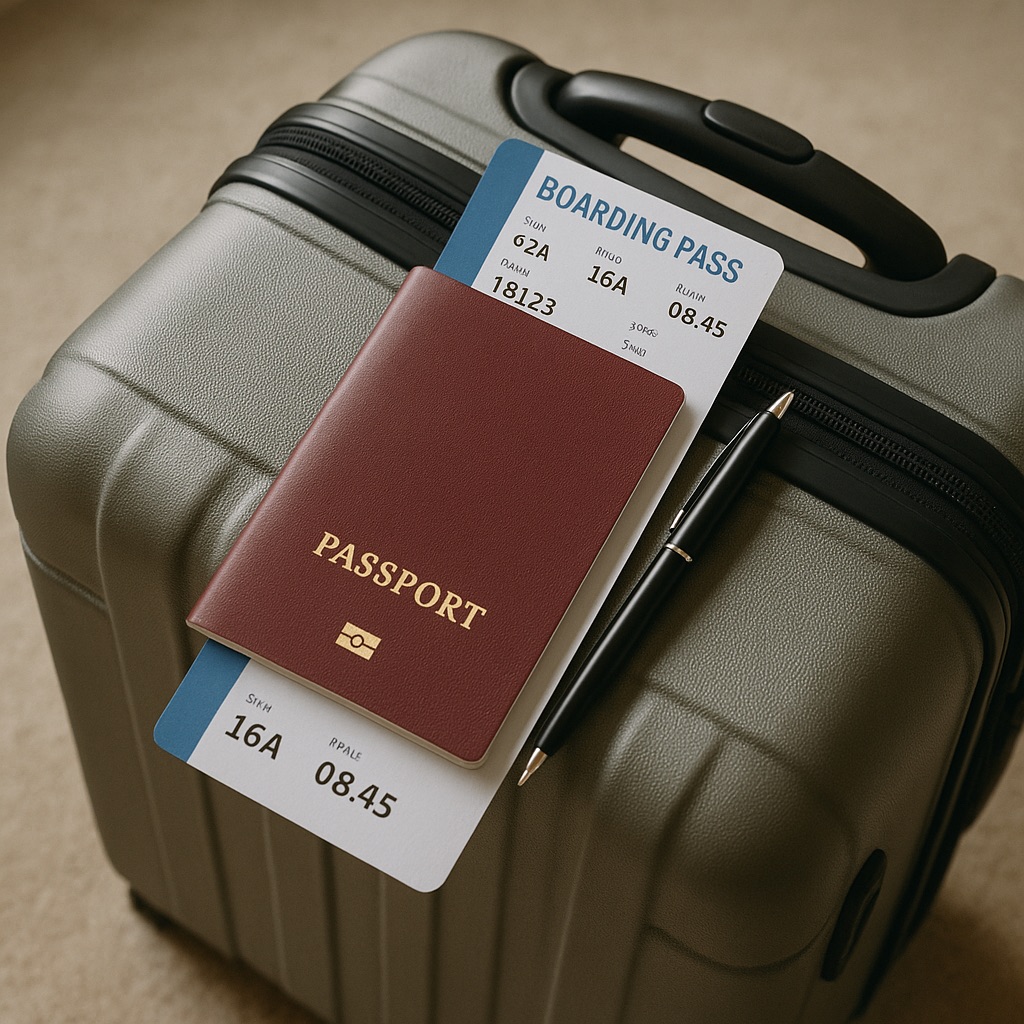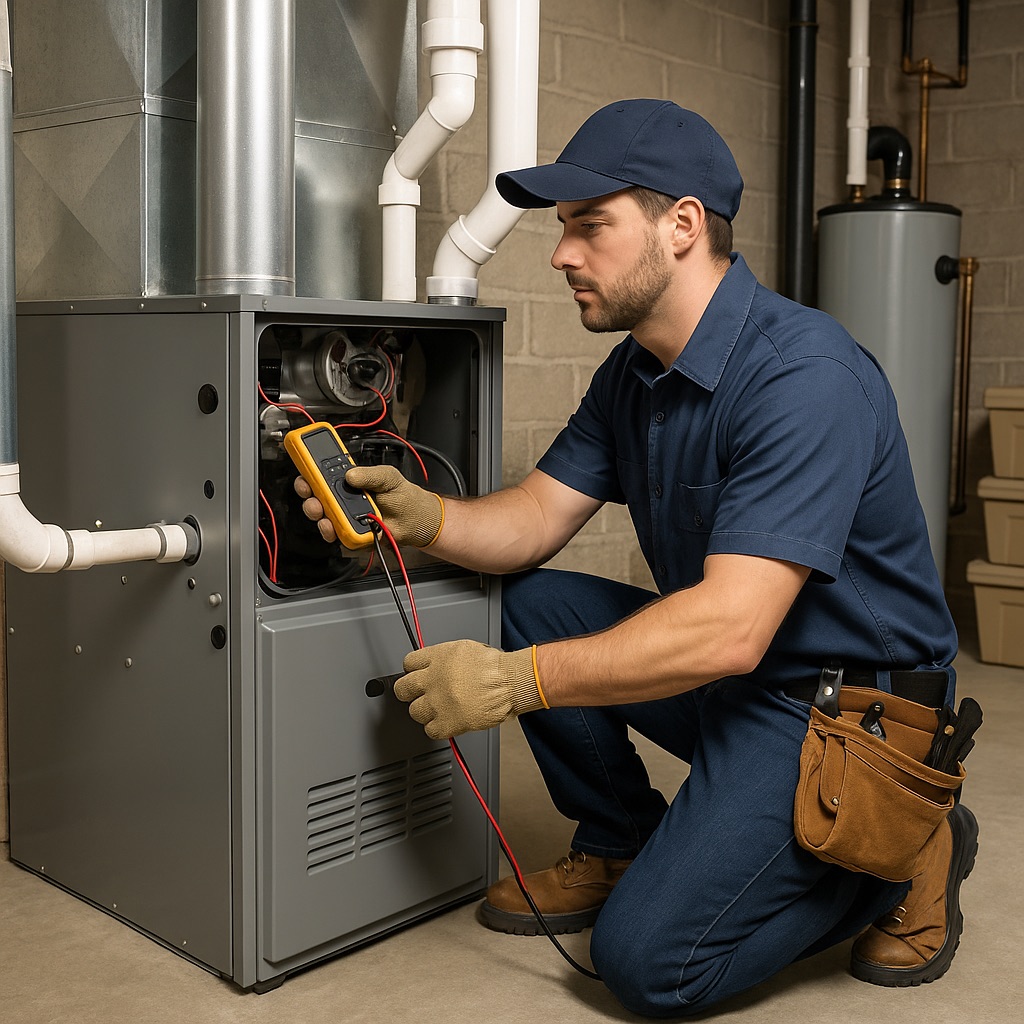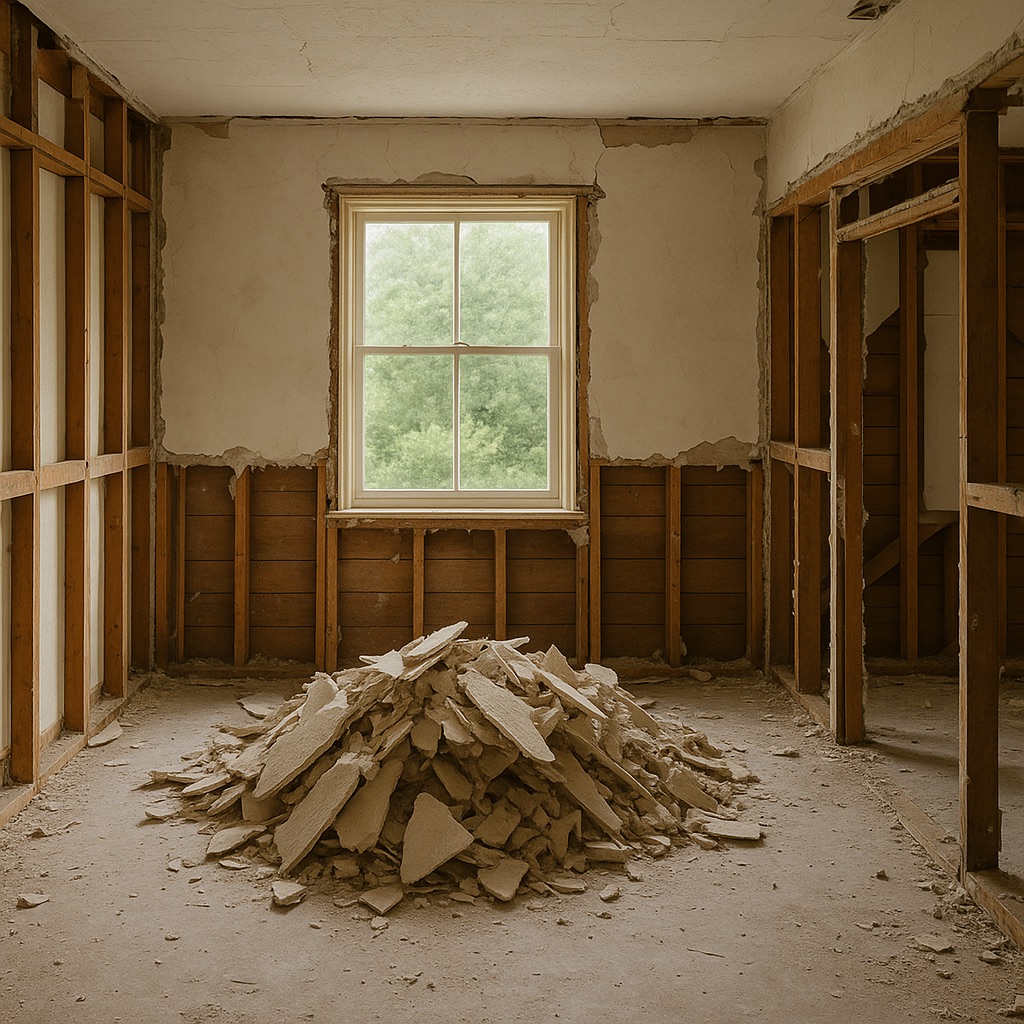Last updated on
Crawl space sewage is a health hazard that should not be ignored. It poses numerous dangers, including the spread of harmful bacteria and viruses, as well as the potential for mold growth. Additionally, sewage backup can cause structural damage to your home, leading to costly repairs.
If you suspect that you have crawl space sewage, the best suggestion is to hire a good crawl space cleaning company. Trying to clean up the sewage yourself can be dangerous and potentially make the problem worse. A professional cleaning company has the necessary equipment and expertise to safely remove the sewage and disinfect the area to prevent further contamination.
So what are the dangers of crawl space sewage, and why is it important to address this issue as quickly as possible? Let’s take a closer look.
Table of Contents
Exposure to Harmful Bacteria and Pathogens
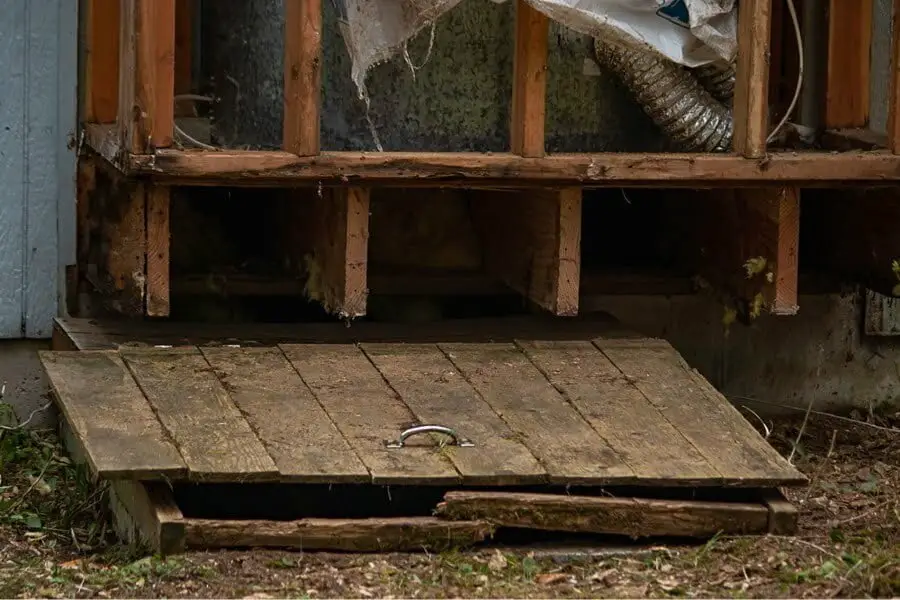
Crawl space sewage can lead to the growth of dangerous bacteria, viruses, and other microorganisms. Exposure to these contaminants can cause a range of health problems, from skin rashes and infections to more serious conditions like hepatitis and tetanus.
Respiratory Issues
Sewage backup can create a foul odor that permeates your home, making it an unpleasant place to live. This can be especially problematic for people with respiratory issues or allergies, who may experience worsened symptoms as a result of the contaminated air.
Structural Damage
If left unaddressed, crawl space sewage can also lead to the growth of mold and mildew, which can further exacerbate health problems and cause structural damage to your home. Mold thrives in damp environments, and a sewage backup can create the perfect breeding ground for these harmful fungi.
Damage to Personal Property
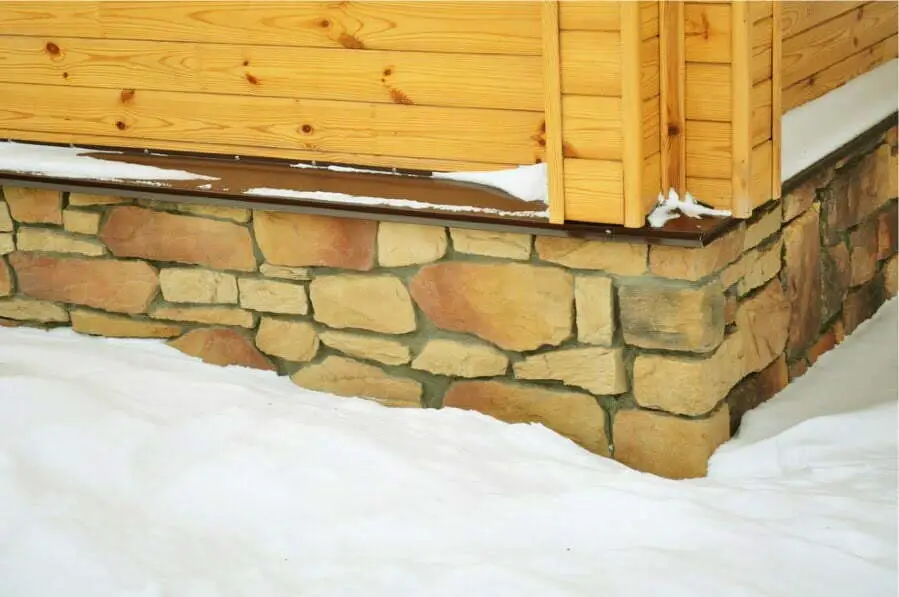
When sewage backs up into your crawl space, it can cause damage to your personal property. Furniture, electronics, and other belongings that are stored in your crawl space can become damaged or ruined by contaminated water and waste. The cost of replacing these items can add up quickly, making a sewage backup not only a health hazard but also a financial burden.
Fire Hazard
Crawl space sewage can pose a variety of hazards, including the risk of fire in rare cases. When sewage backs up into your crawl space, it can come into contact with electrical wiring and other electrical components in your home. This can create a dangerous situation that puts your home and your family at risk.
Given these risks, it’s clear that crawl space sewage is not something to be taken lightly.
If you ever find yourself in this situation, what steps can you take? Here are some things you can do to prevent crawl space sewage:
Regular Maintenance
Regular maintenance of your plumbing and sewage systems is crucial in preventing crawl space sewage. A professional plumber can inspect and identify any potential issues that could lead to a sewage backup. They can also recommend the best course of action to avoid a backup, such as installing a backflow valve or replacing outdated pipes.
Additionally, it is important to hire a professional crawl space cleaning company to perform regular inspections and cleaning of your crawl space. A professional cleaner can remove any debris or organic matter that could lead to a blockage in your sewage system. They can also identify and address any potential issues that could lead to a sewage backup, such as damaged pipes or a malfunctioning septic tank.
Install a Backwater Valve
A backwater valve can help prevent sewage from backing up into your home by preventing water from flowing back into your pipes. This can be especially important if your home is located in an area prone to heavy rainfall or flooding.
Keep Drains and Pipes Clear
Avoid pouring grease, oil, and other substances down your drains that can cause clogs and backups. Additionally, make sure that all drains and pipes are clear and free of debris to prevent sewage backups.
Inspect Your Crawl Space Regularly
Keep an eye on your crawl space and check for any signs of moisture or sewage backup. If you notice any issues, it’s important to have them addressed right away to prevent further damage.
Properly Dispose of Household Waste
Avoid flushing anything down the toilet that is not meant to be flushed, such as wipes, feminine hygiene products, and other sanitary items. Additionally, make sure to dispose of hazardous materials like paint and chemicals properly to avoid contamination of your sewage system.
Crawl space sewage is a serious health hazard that requires immediate attention. If you suspect that your crawl space has been contaminated with sewage, don’t hesitate to call a professional cleaning company for assistance.
With the right help and preventive measures in place, you can keep your home and your family safe and healthy for years to come.
